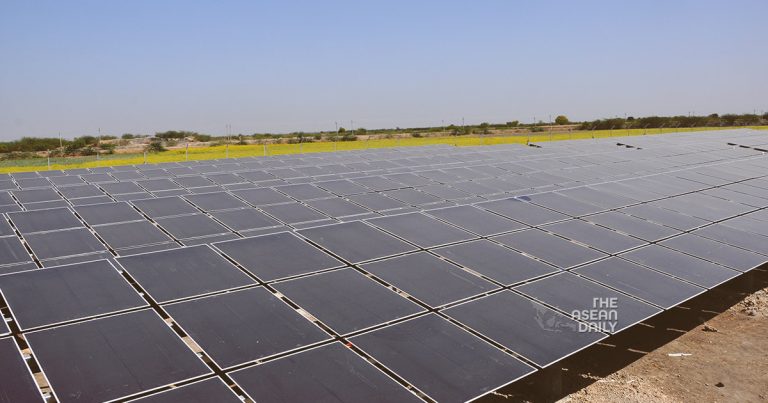21-11-2023 (JAKARTA) Indonesia officially unveiled its Comprehensive Investment and Policy Plan (CIPP) on Tuesday, marking the launch of the Just Energy Transition Partnership (JETP). The plan aims to mobilise $20 billion in financing pledged by global lenders, led by the United States and Japan, to expedite the decarbonisation of Indonesia’s power sector. The announcement follows a public consultation period initiated after the draft plan was disclosed earlier this month.
The CIPP outlines Indonesia’s commitment to reducing carbon dioxide emissions to 250 million metric tonnes for its on-grid power sector by 2030. This ambitious target seeks to surpass the estimated business-as-usual emissions of over 350 million. As one of the world’s major greenhouse gas emitters, Indonesia is striving to increase the share of renewable energy in its power generation to 44% by 2030, up from approximately 12% in 2022.
Erick Thohir, ad-interim Chief Minister for Investment Affairs, emphasized the urgency of swift action, stating, “We have to move quickly because 2030 is less than seven years away. The partnership must be enhanced and accelerated to do the priority projects, including immediately realising the financing commitments.”
The CIPP indicates that investments totaling $97.3 billion are necessary to achieve the outlined targets. This includes $66.9 billion allocated for 400 projects slated to commence by 2030 at the latest.
Michael Kleine, the US Charge d’Affaires in Jakarta, expressed expectations that JETP funding would “jumpstart” investment in energy transition and attract additional financing. However, concerns have been raised by some environmentalists regarding the substantial reliance on commercial loans in the funding mix.
Half of the pledged funds are expected to come from private financing, encompassing commercial loans with market rates, equity investment, or other debt instruments. Bhima Yudhistira of the think tank Center of Economic and Law Studies voiced concerns, questioning the need for the JETP CIPP document if the deal with advanced countries involves “business-as-usual loans.”
Indonesia’s JETP is positioned as the most extensive of its kind, surpassing Vietnam’s $15 billion scheme.




